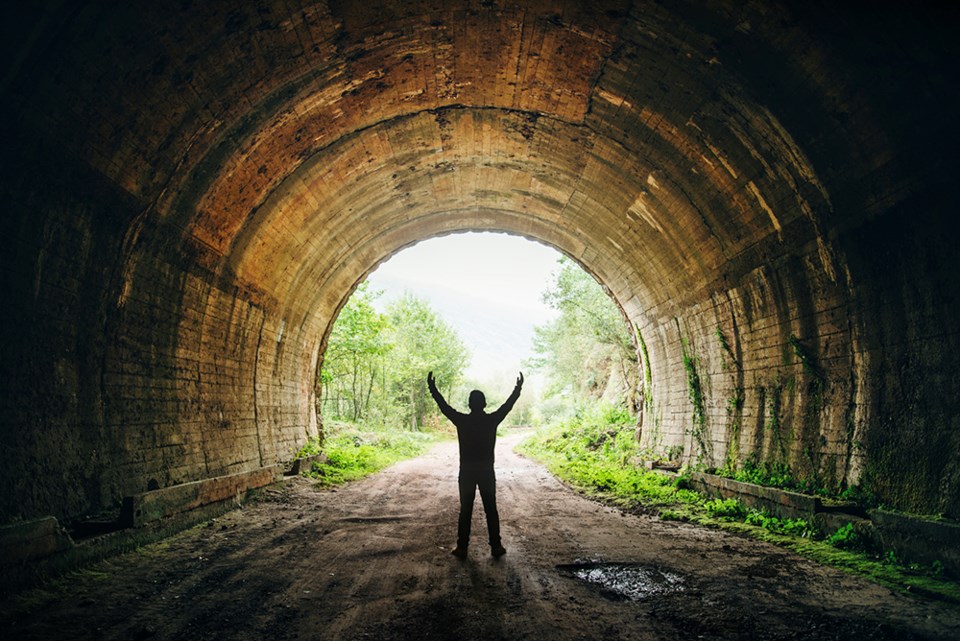It is an uncertain time to be a human on this relatively small planet wedged between Venus and Mars, orbiting 148.32 million kilometres from our sun. I am not sure if there ever have been actual “certain” times. There are many things we can’t possibly control in life.
Perhaps around 10,000 years ago, with humanity’s slow switch from a hunter-gatherer society to planting crops and opting for an agriculturally based scenario, there was a turn toward chronic and collective uncertainty. In retrospect, gathering in continuously enlarging cities might not have been the best long-term plan for our species. It might have been a time in our history when the uncertainty of everything really took hold of life.
The hunter and gatherer way of living might have been a more assertive and take-charge approach, as opposed to a comparatively passive agricultural dependent society. Today, the promise of a silicone computer-chip-driven technology guiding humanity into a futuristic utopia has not materialized.
We are not sure if Artificial Intelligence (AI) will merge seamlessly into our collective cognition, becoming a third hemisphere of our brains, or, conversely, become our Frankenstein and turn against us with apocalyptic results. It seems like times are more uncertain now than ever before in human history.
For the good of our mental health, individual and societal, how do we find something solid and safe to hold onto in order to stabilize an unsettled, unhealthy mind? Solid, science-based, field-tested evidence is needed.
For me, and perhaps for many people, the first step away from a chaotic thought and action life happened when I started gathering behavioural science evidence that a better version of me could exist.
I was attending a self-management and recovery training (SMART) course in a bright meeting room at our local hospital when I was presented evidence that it was possible to turn my self-harming demons into helpful angels.
A trigger is anything which brings back thoughts or feelings around memories of life during an addiction. Learning about behavioural triggers and my potential to control them was the start of a life-changing process of collecting evidence. I was stronger and smarter than the self-administered poisons which were killing me.
Ron Cameron, the skilled veteran counsellor who led the meetings, taught me that triggers, like everything, have an energetic life span. Like the massive foreboding waves in the ocean, triggers eventually dissipate and become harmless.
Furthermore, Cameron taught us a strategy of making a physical obstacle between yourself and the trigger to gain a greater advantage. For example, if I was experiencing a trigger to consume alcohol, I could take a relaxing bath and be separated from my ability to acquire the self-harming substance until that trigger harmlessly evaporated.
Success inspired more success and the light at the end of the tunnel was the sunrise of a new start in life.
We will never have total control over all the influences which texturize our reality, and we wouldn’t want to. Life is a long trip toward balance. That, I am certain of.
Robert Skender is a qathet region freelance writer and health commentator.
Join the Peak's email list for the top headlines right in your inbox Monday to Friday.




